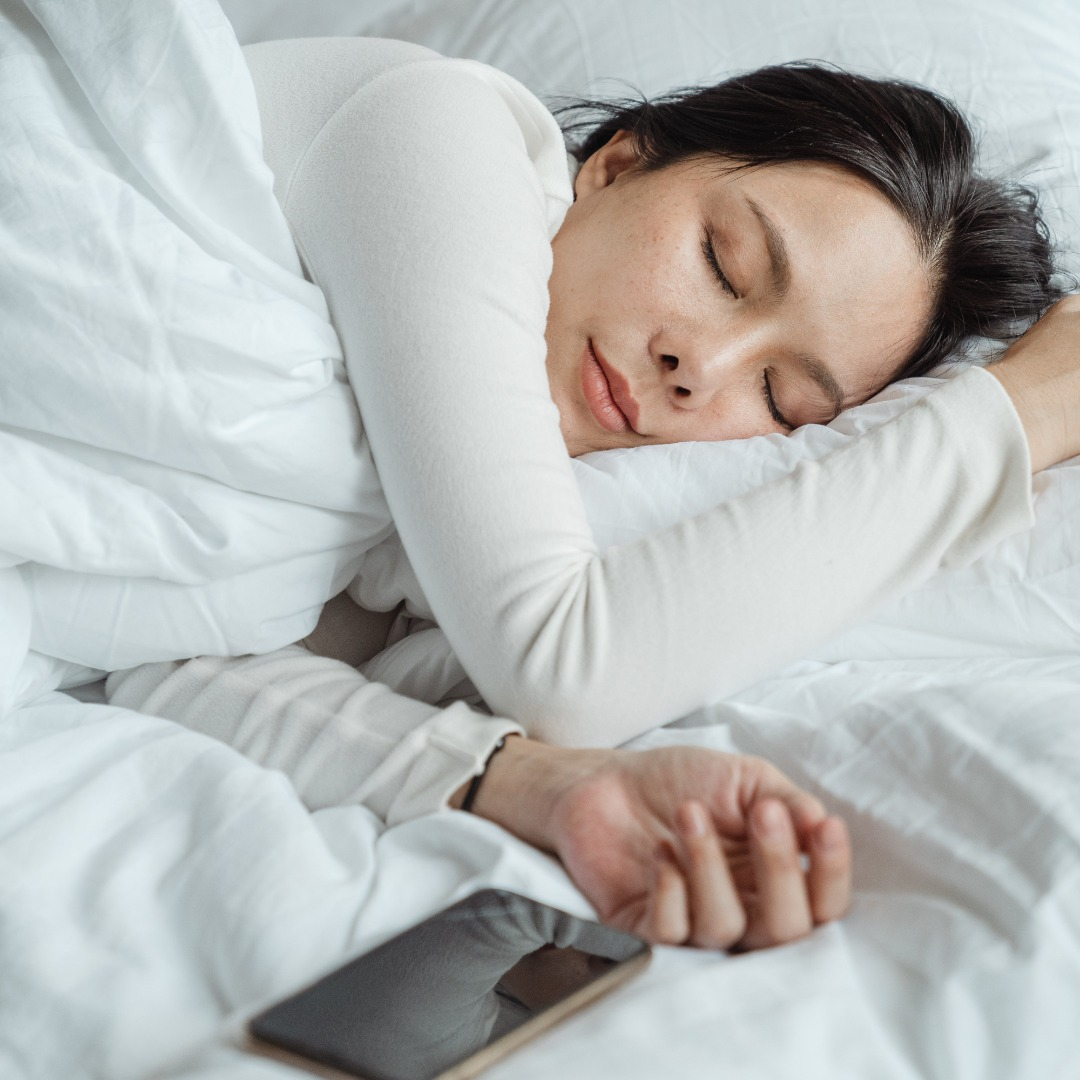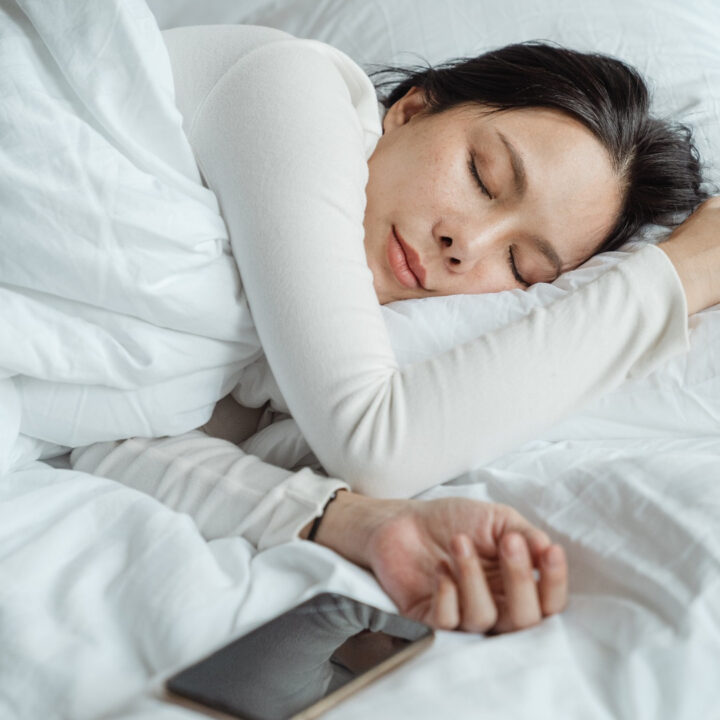
Are you having trouble getting a good night’s sleep? You’re not alone. According to the National Sleep Foundation, about 50-70 million adults in the United States have a sleep disorder. Lack of sleep can lead to a variety of health problems, including obesity, diabetes, and cardiovascular disease. But there are ways to improve your sleep quality. In this article, we’ll explore some of the most effective ways to help you get the rest you need.
- Time Your Meals
Timing your meals is important for maintaining good sleep quality. Eating a large meal shortly before bed can be detrimental to your health as your metabolism slows down at night, making it harder for your body to digest food. To avoid this, it’s best to finish your last meal at least a few hours before bedtime. If you do feel hungry before bed, opt for a low-calorie, easy-to-digest snack such as pineapple, which is high in melatonin, a hormone that regulates sleep. This can vastly improve your sleep quality.
- Do Not Nap Too Much
While napping can be beneficial, it’s important not to overdo it. Napping too much, or for too long, can negatively impact your sleep quality at night.
It’s best to take a short nap in the early afternoon, around 20-30 minutes, to avoid sleep inertia, which can cause grogginess. Taking naps too late in the day can also make it harder to fall asleep at night. To maximize the benefits of napping, stick to short power naps of 30 minutes or less.
- Avoid Drinking Coffee Too Late
This one should be a no-brainer but consuming caffeine too close to bedtime can negatively impact your sleep quality. To ensure a good night’s rest, it’s best to avoid drinking coffee or other caffeinated beverages for at least six hours before going to sleep. If you’re a regular coffee drinker and find it difficult to cut back, consider switching to decaffeinated options in the evening to help you relax and prepare for sleep.
- Reduce Screen Time
One simple yet effective way to improve sleep quality is by reducing screen time before bed. The blue light emitted by electronic devices, such as phones and tablets, can inhibit the production of melatonin, a hormone that regulates sleep – this can be substituted with melatonin gummies. To avoid this, it’s best to avoid screens altogether for at least an hour before bedtime. If you must use your device, consider adjusting the screen settings to reduce blue light. Instead of browsing social media or watching videos, try reading a book or listening to soothing music to relax and prepare for sleep.
- Limit Alcohol Intake
Although alcohol is widely consumed, it can have a negative impact on sleep quality. When consumed, alcohol dehydrates the body, putting stress on the kidneys, leading to frequent urination and as a result, disrupting sleep. To ensure a good night’s rest, it’s best to avoid alcohol at least 4 hours before bedtime. Not only will it help you get a more restful sleep but also it will have added benefits for your overall health.
- Improve Your Sleeping Environment
The mattress is the first place to start when you are trying to improve your sleeping pattern. Don’t let the price of a mattress put you off, a mattress topper can do wonders for your sleep. Read these reviews on different mattress toppers and find out which one will work for you.
Anil Baswal provides Content writing and SEO services. As an SEO expert, He is familiar with one of the most important things for this field. His educational background in the technical field and business studies helps him in tackling topics ranging from career and business productivity to web development and digital marketing.





